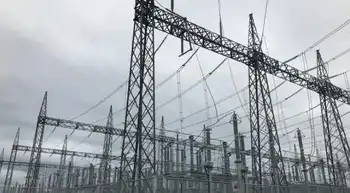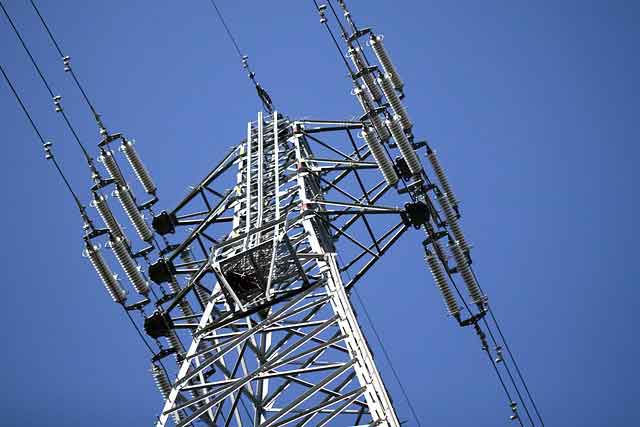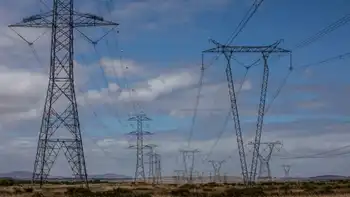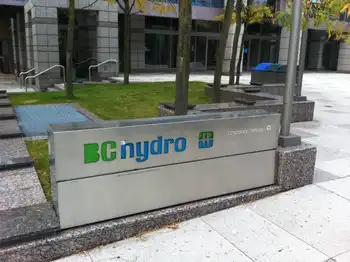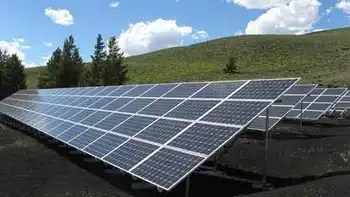Florida PSC orders utilities to disclose execs' pay
By Associated Press
Substation Relay Protection Training
Our customized live online or in‑person group training can be delivered to your staff at your location.

- Live Online
- 12 hours Instructor-led
- Group Training Available
Florida Power & Light Co. immediately said it would appeal the Public Service Commission's ruling. A Progress Energy Florida spokesman said his company has not yet decided if it will take the issue to court.
The five commissioners unanimously ordered the companies to disclose the compensation of those making more than $165,000, saying that information is vital to helping them decide whether to raise customers' rates in January.
"We are the only policeman on the block," said Commissioner Nancy Argenziano, who participated by telephone. "That's crucial in determining efficiencies."
FPL, which provides power to South Florida and much of the state's east coast, wants a $1.3 billion annual increase. Progress Energy, which serves central and north Florida, is asking for $500 million.
The utilities argued compensation data should remain confidential to protect the privacy of executives and highly trained employees such as nuclear and electrical engineers and to keep other companies from using that information to hire them away. They also contended it would and help those top employees bargain for higher pay.
"There's no doubt that this is inevitably going to lead to higher costs, lower productivity, poor employee morale and employee turnover," said Progress Energy lawyer Alex Glenn.
FPL has 463 executives and employees making more than $165,000, while the number for Progress Energy is 132.
The commissioners accepted a staff recommendation saying compensation data is a public record because it is specifically excluded from a state law granting confidentiality to other proprietary business information.
Utility lawyers argued the law is unclear and cited the Florida Constitution's privacy provision, which gives people "the right to be let alone and free from governmental intrusion" into their private lives.
Argenziano, a former state senator, said the public's right to know what it's paying for trumps privacy rights.
The constitution also says the privacy provision cannot be used to limit the public's access to public records as provided by law, she pointed out. She noted other electric utilities have not requested confidentiality.





